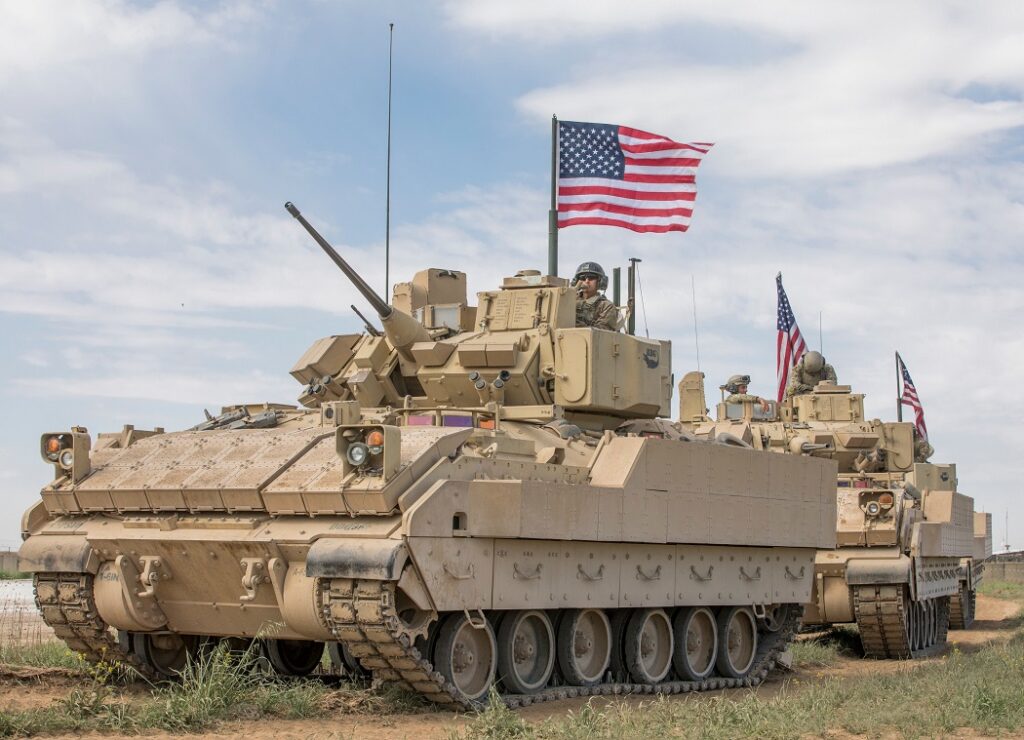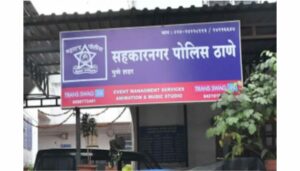US Troops Withdrawal From Afghanistan And Its Implications

Ajay Singh
Pune, 30 April 2021: President Joe Biden has recently announced that he will be calling an end to the US engagement in Afghanistan and getting all US troops back by 11 September 2021. It is a symbolic date. It was on 11 September 2001 that the planes crashed into the twin towers in New York and set off the US invasion of Afghanistan.
That proved to be America’s longest and most expensive war lasting twenty years at a cost of over $2 Trillion. It saw over 120000 troops deployed at its peak and claimed over 7000 US and NATO troops – not counting 1,57,000 Afghan civilians who perished in the violence.
This decision means that the remaining 2500 US troops, along with the NATO force of around 8000 will leave Afghanistan, along with the gunships and aircraft that provided much-needed fire support to Afghan security forces. Their departure will leave a security void that will create even greater instability in Afghanistan.
President Biden merely announced that the objectives for the initial invasion had been met and the troops are now required elsewhere. In other words, they have declared victory and scooted.
But this withdrawal is nothing more than a defeat. The US has handed Afghanistan back to the Taliban. The Taliban are stronger than they have ever been since 2001 and are in complete control of over 30 percent of Afghanistan’s area. Once US troops withdraw, the Afghan security forces – devoid of their intelligence and firepower – will be simply unable to withstand the Taliban and they could just storm into Kabul as they did in 1996 and re-establish the Islamic Emirates of Afghanistan. Afghanistan could slip back to medieval anarchy of hardline Islamism, with women banned from jobs or education – not even permitted to move freely – and minorities under constant threat.
The US withdrawal will have grave implications for India. Their presence provided a security umbrella for the government and even our own interests there. India had very good ties with the democratically elected government in Kabul and had earned a tremendous reservoir of goodwill there.
We have invested heavily in infrastructure projects like the making of the Parliament Building, the development of Kabul’s electricity grid, the Zaranj – Delaram road and many other projects. On the other hand, we have never had good ties with the Taliban and their role in the hijacking of IC 814 to Kandahar still rankles. Our influence in Afghanistan and our very presence will be at risk should the Taliban come to power in the aftermath of the US withdrawal.
So, we must continue to bolster up Ghani’s beleaguered regime but at the same time develop communication channels with the Taliban and establish some sort of working relationship with them so as to cater for every eventuality.
For Pakistan, it is a moment of vindication. The US withdrawal will create turbulence in Afghanistan which they could use to enable the Taliban to come into power. This would give them a pliant leadership in Kabul which will provide it much-vaunted ‘strategic depth’. They could also use it to fan the flames in Kashmir as was done in the early 90s. In conjunction with Pakistan, China will also seek to reestablish its influence and perhaps use its economic clout to extend CPEC there. Afghanistan’s location fits in well with China’s long term strategic plans.
Afghanistan is likely to have a period of instability after the US withdrawal – perhaps akin to the chaos that followed when the Soviet Union withdrew. It is up to the world community to continue to strengthen the hands of the democratically elected government of Kabul to ensure that Afghanistan does not slip into anarchy. Else the instability of Afghanistan could well affect the entire region, and perhaps the very world.

(Ajay Singh is the author of four books – including the bestsellers, ‘Through Orphaned Eyes’ and ‘India’s Battlefields; from Kurukshetra to Balakot’ – and over 200 articles.)
Join our Whatsapp Group and Telegram for each update about Pune and PCMC





